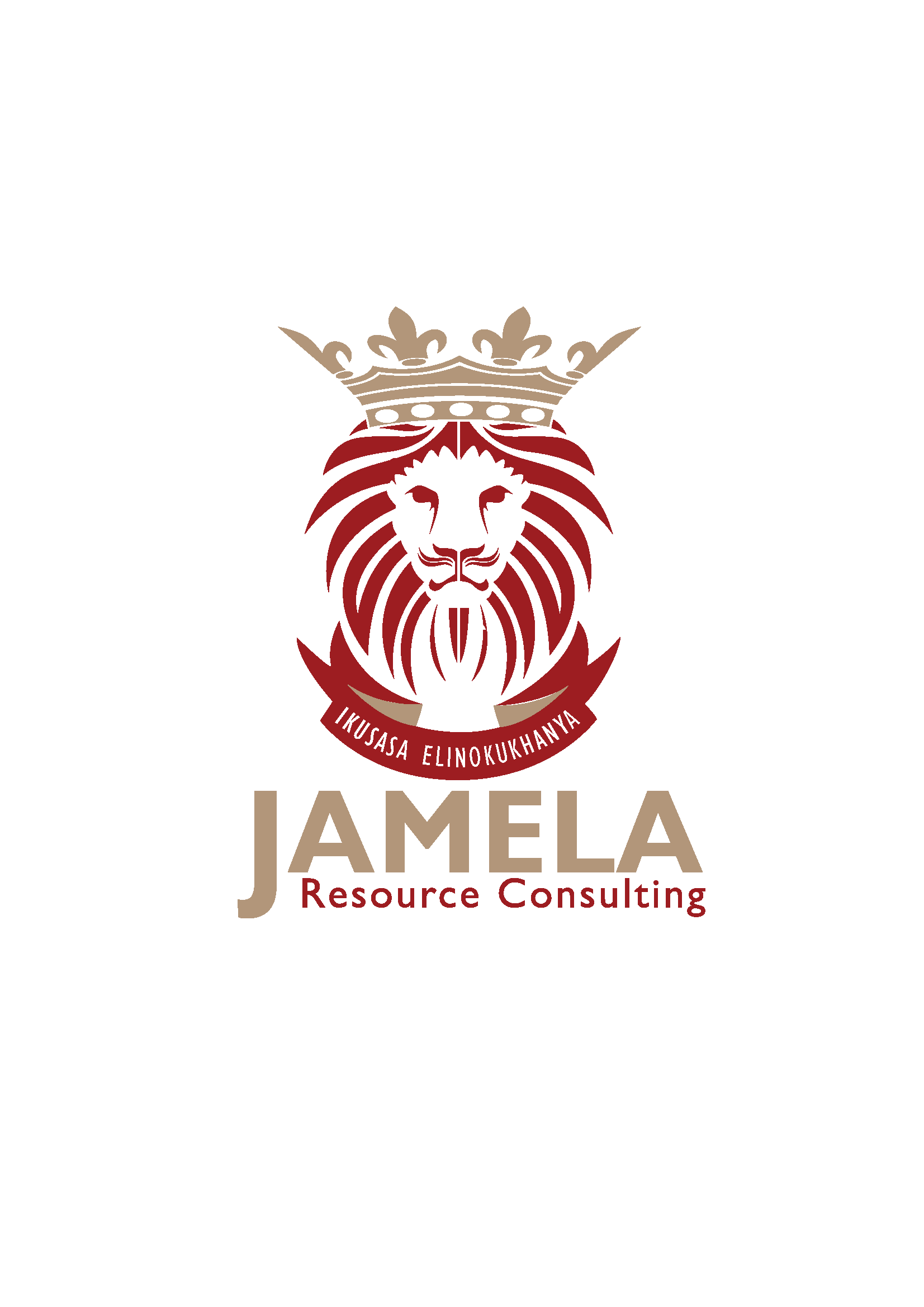One of the pillars of knowledge based economy (KBE) is Knowledge Management (KM) because it deals with both tacit and explicit knowledge which in turn induces innovation for efficient and effective service delivery, product development and economic growth. Therefore, KM becomes a driver in companies

One of the pillars of knowledge based economy (KBE) is Knowledge Management (KM) because it deals with both tacit and explicit knowledge which in turn induces innovation for efficient and effective service delivery, product development and economic growth. Therefore, KM becomes a driver in supporting a knowledge driven economy and effective service delivery which are of critical importance for any organisation.
Today’s culture thrives on knowledge, and possessing knowledge gives advantages in making informed decisions or strategies to implement. Organizations have a wealth of knowledge accessible through the people they touch internally (employees) and externally (customers). Organisation that allows knowledge to go unmanaged may be giving their competitors the upper hand in the market. An organisation that can capture, store, and retrieve knowledge effectively is then capable of learning as an organisation
. A learning organisation is one where employees are empowered to change and develop new methods, thoughts, and strategies that will advance the mission of their organisation. Knowledge Management is the establishment of a system that captures knowledge purposefully for incorporation into business strategies, policies, and practices at all levels of the company. This course will teach participants how to initiate a knowledge management program at work.
This Principles of Knowledge Management (KM) training course teaches you: How to implement an efficient method of collecting and using the informational assets and intellectual resources of the employees for the purpose of assisting in organisational success. How to create a system that captures knowledge purposefully for incorporation into business strategies, policies, and practices at all levels of the organisation.
How to construct the knowledge base of the organisation by improving, systematizing, retaining and making use of the intellectual resources of its employees. Such intellectual resources are acknowledged as an important competitive edge and a driver of effectiveness for every organisation.
Outcomes:
After Completing this course, participants will be able to:
Outline:
To be a leading professional service provider In the areas of skills development, accreditation of education and training providers, and specialist advisory services to organizations.
Mission:
Our mission is to listen carefully to our clients then provide tailor-made skills development, training management solutions, and specialist consulting to our clients.
We understand that whilst there are industry standards, best practices, and benchmarks, we strongly believe that our innovative services will provide our clients with solutions that make them unique and stand out from the rest.
At Jamela Resources Consulting, we are committed to offering our clients solutions that will give them a competitive edge whilst ensuring optimal utilization of resources
© 2025 coursetakers.com All Rights Reserved. Terms and Conditions of use | Privacy Policy